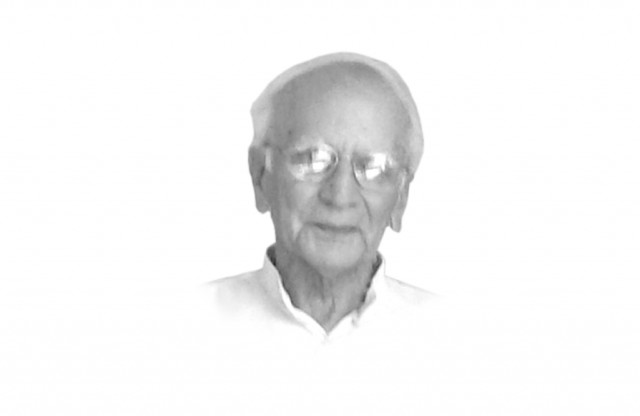The civil executive as sovereign
This is the fourth of a series of eight articles on the role of the military from 1947- 1977.

On August 14, 1947, Britain handed over sovereign power of two parts of British India to then Governor-General Muhammad Ali Jinnah and the Constituent Assembly. The transfer was only notional. The century old imperial apparatus of the state, comprising of civil and military services (hereinafter called the Combine) continued to retain full powers under the law to undertake military action, put citizens in prison, collect revenues and administer day-to-day working of the government.
Our military had inherited General Kitchener’s mindset that the army was the ultimate protector of security. In times of crisis, the civil executive had a subordinate position and the people had no role. The first commander-in-chief of Pakistan, a British national, confirmed his superior status over the civil authority and refused to carry out a specific order of Jinnah.
For years after independence, the man in the street held the military in high regard for the services rendered during the partition days and as the defender of the country’s borders against India. Jinnah passed away in 1948 and then Prime Minister Liaquat Ali Khan was murdered in 1951. With their removal from the scene, the civil executive services exercised its authority with unashamed daring, often in defiance of the constitution, as if it was sovereign and was answerable to none. The elected representatives of the people had little or no say in exercising power in the assemblies or in governance. Many were bribed and intimidated. Members of parliament performed as advised by ministers or officers of the government. The people of Pakistan had no role in governance.
During the course of the next six years, the Combine dismissed Prime Minister Khwaja Nazimuddin, dismissed the first sovereign constituent assembly, a number of elected provincial assemblies and chief ministers, dismissed their service-mate, Governor-General Ghulam Mohammad; enthroned and dethroned prime ministers eight times and abrogated the 1956 Constitution. The so-called political government, under the direction of the civil executive officers, through the use of force, annexed the territories of Balochistan in defiance of the agreement the Baloch sardars had with the British Crown, without giving its people any share in governance. The army backed the civil executive in their illegal and undemocratic deeds. Indeed, Commander-in-Chief Ayub Khan served the civil-officer-turned-president as defence minister from 1954-55.
During the first 11 years, the people of Pakistan rated the government of the civil executive worse than what they had experienced during the Raj. The availability of vast assets left by the Hindu and Sikh evacuees for distribution among refugees pouring into Pakistan proved to be a booty around which the nexus between ministers, political figures and civil executive officers came into being. Deeds of corruption, nepotism and favouritism burst forth like leaves in the spring.
The people, still unsettled and unsure, often protested. The civil service and its allies, landlords, traders and mullahs responded by banning political parties, curbing all types of freedom, putting under surveillance political activists figures, trade union leaders, office-holders of the association of farmers, bodies of poets and authors and opened the doors of torture chambers. Protesting industrial workers and peasants were subjected to violence. Many political workers were dubbed as communists and locked in prison. The gulf in the social contract between the state and the people was wide open when the military decided to intervene.
Published in The Express Tribune, October 22nd, 2010.












1724319076-0/Untitled-design-(5)1724319076-0-208x130.webp)

COMMENTS
Comments are moderated and generally will be posted if they are on-topic and not abusive.
For more information, please see our Comments FAQ